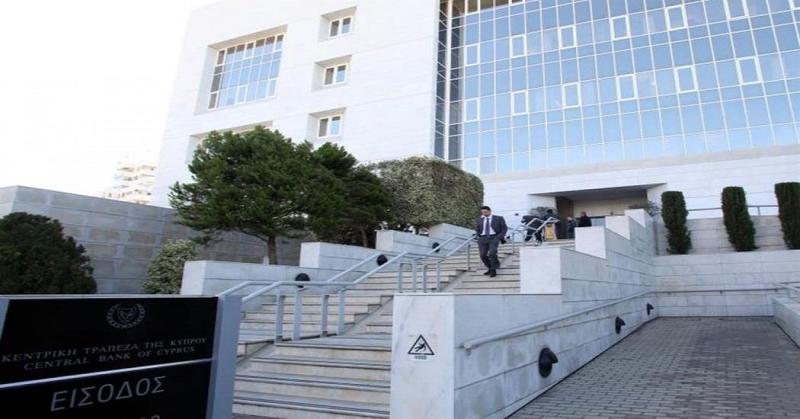18.07.2022
According to the Financial Stability Report released by the Central Bank of Cyprus on Monday, the Cypriot economy has recovered significantly in 2021. However, the geopolitical and energy crisis and a significant increase in inflation have increased the uncertainty of the macroeconomic environment, creating new or exacerbating existing risks to financial stability, which led to a significant slowdown in the economic growth of Cyprus in 2022.
According to the report, in 2021 the Cypriot economy recorded a strong recovery, larger than initially expected. On an annualized basis, gross domestic product (GDP) recorded a positive growth rate of 5.5% for all of 2021, compared to a 5% decline in the previous year. Fears of a rise in insolvent companies and the resulting non-performing loans (NPLs) have been contained, households seem to be coping with the challenges of the pandemic, while non-financial companies have managed to emerge from the health crisis with a manageable impact.
The report shows that the Cypriot banking sector has shown significant resilience, continuing to inject liquidity into the real economy and playing a catalytic role in its recovery. In particular, net new loans to households for housing purposes reached €1,121 million in 2021, compared to €783 million in 2020, and net new loans to businesses reached €1,544 million in 2021, compared to €1,330 million in 2020. year.
However, due to Russia’s invasion of Ukraine at the end of February 2022, CBK predicts a slowdown in GDP growth to 2.7% in 2022, and inflation to 7%. Significant increases in inflation, linked to high levels of household and business indebtedness, have weakened consumers’ purchasing power and could limit both consumption and investment, the report said.
Non-financial businesses operating in the tourism, trade and transport sectors, which are the economic sectors hardest hit by the pandemic, as well as in the professional services sector, may face further challenges to their debt capacity and their long-term sustainability.
In addition, a possible increase in lending rates could further affect debt servicing while at the same time increasing borrowers’ monthly payments, which would affect household disposable income and the profits of non-financial enterprises. The ECB plans to raise key interest rates by 25 basis points at its monetary policy meeting in July 2022, with another hike expected in September 2022.
In 2021, credit institutions continued the process of reducing the share of borrowed funds in their balance sheets, mainly due to the sale of portfolios of overdue loans, as well as due to accounting and non-accounting write-offs of loans. By the end of December 2021, non-performing loans from the banking sector were capped at around €3 billion (11.1% share of total loans), indicating significant progress and a marked decline. The CBC notes, however, that this rate is still considered high compared to the European average of 2%.
According to the report, the direct impact of the entire banking sector on Russia and Ukraine is relatively limited. The only credit institution subject to sanctions imposed on Russia in connection with the invasion was RCB Bank Ltd due to his business model. In particular, it was decided to voluntarily terminate the banking operations of RCB Bank Ltd and transform it into an asset management company within the established time frame.
The impact of the invasion, mainly in the tourism, trade and professional services sectors, is expected to have a negative impact on the asset quality of credit institutions, the report said. The impact may be limited due to government initiatives to attract tourists from other markets, while the influence of the banking sector on the professional services sector is limited.
The real estate sector, however, has so far been generally resilient to the effects of the pandemic, as fiscal measures taken to deal with the effects of the pandemic have boosted domestic demand for residential property. In 2021, the CBC House Price Index (HPI) has begun to show signs of recovery from the slight stability seen in 2020, while residential property prices in Cyprus appear to remain below their potential value.
Finally, the CBC report shows that the risk of climate change and its implications for the financial sector are becoming increasingly important. The economic costs of climate change for all EU countries are much higher due to the lack of timely and effective adaptation plans and due to the fact that lending institutions are not prepared to adequately deal with this risk. Therefore, the CBC, as a supervisory authority, encourages lenders to meet the expectations set by the ECB regarding their climate change risk preparedness.
At the same time, the rapid development of technology related to financial transactions is a major challenge for credit institutions and financial institutions in general. The transition to digitalization, rethinking the business model of financial institutions and the provision of new innovative services can lead to an improvement in low profitability.
Finally, the report notes that cybersecurity risk has now increased as cyber attacks have increased in the euro area amid geopolitical tensions.
















